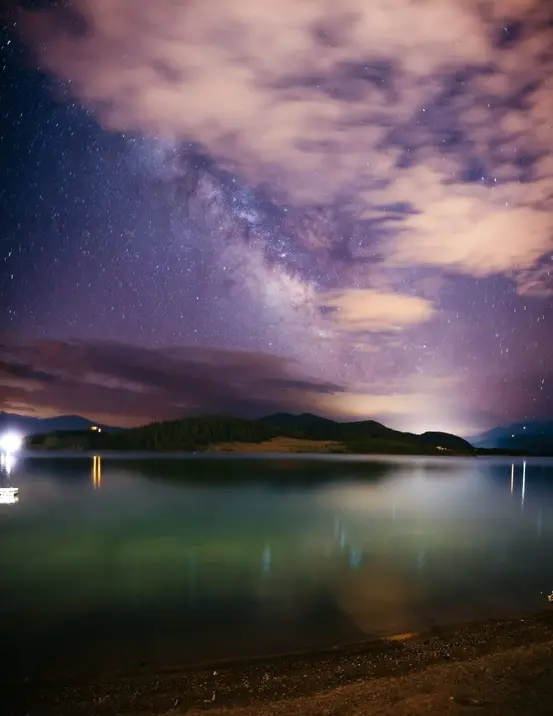T4K3.news
Meteor lights up Australian night
A blazing fireball lit the Victoria sky around 8 pm, followed by a loud bang that shook homes as observers shared dashcam footage.
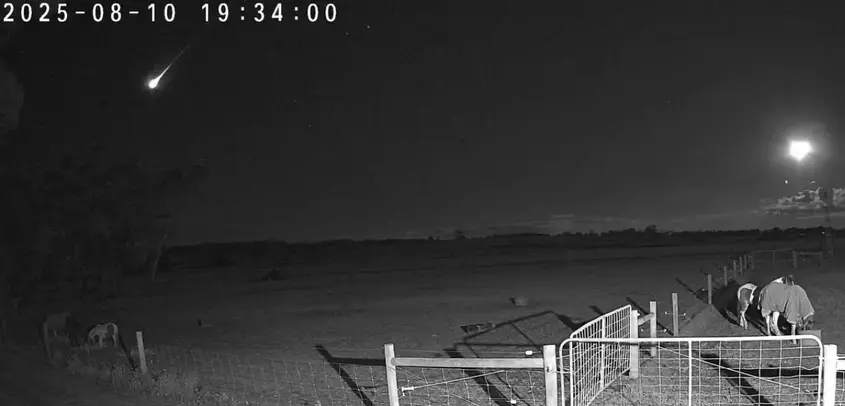
A blazing meteor lit up the night over Victoria and a loud bang rattled homes, drawing widespread online discussion and expert commentary.
Meteor lights up Australian night leaving houses shaken
Residents in Victoria reported a bright fireball just before 8 pm, with dashcam footage capturing a brilliant trail as the object broke apart. The event produced a loud bang that rattled houses and sparked social media posts from witnesses.
Astronomy experts offered cautious explanations. Associate Professor Michael Brown of Monash University said the noise could be a sonic boom, signaling the meteor passed unusually close to the ground. He noted that any fragments reaching the surface would likely be small and difficult to locate in rural terrain. Astronomer Perry Vlahos described the event as a sporadic meteor not tied to a known shower and explained that such rocks usually burn up in the sky rather than becoming meteorite material. Australia’s Desert Fireball Network and other observers say clear, dark skies and open terrain help detection and potential recovery, though confirming debris remains a challenge.
Key Takeaways
"That is unusual and actually quite exciting"
Monash University physicist on the sonic boom
"It burns out in the sky, way before hitting the ground, so it won’t be a meteorite"
Astronomer Perry Vlahos on the meteor’s nature
"Just saw something fall from the sky near Daylesford and a huge bang"
Witness account on social media
This event shows how a rare space sighting can become a shared online moment and a gateway to science literacy. Eyewitness accounts, video clips, and cautious expert commentary create a fast moving narrative where uncertainty is normal and progress is incremental. The challenge for scientists is to translate spectacle into solid knowledge without overstating what is known.
Australia’s strong fireball networks turn a fleeting sky show into a potential scientific opportunity. The difficulty lies in turning a dramatic moment into verified debris, a process that requires time, careful search, and clear public communication. In an era of instant shares, keeping the public informed while avoiding hype is a test for both media and researchers.
Highlights
- The night exploded in fire and the ground answered back
- A rare sonic boom means the meteor was closer than usual
- Recovery will be a careful, patient search in rural Victoria
- This is a sporadic visitor not tied to a known shower
Public reaction risk around meteor event
The event drew rapid social media reaction and questions about debris and safety. Journalists and scientists should communicate clearly what is known and what remains uncertain to avoid misinformation.
The night sky keeps offering chances to learn, not just marvel.
Enjoyed this? Let your friends know!
Related News
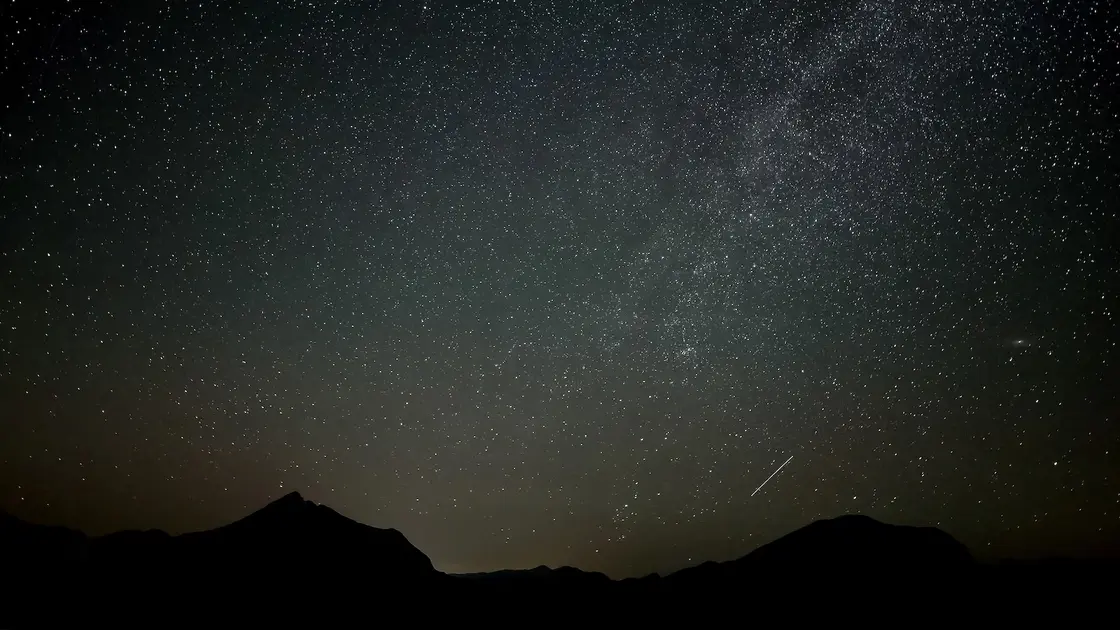
Three meteor showers peak in late July
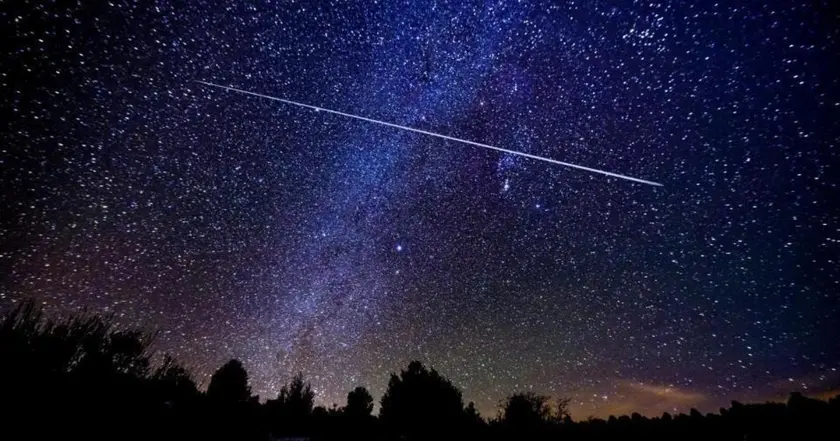
Perseid shower lights Bolton skies tonight
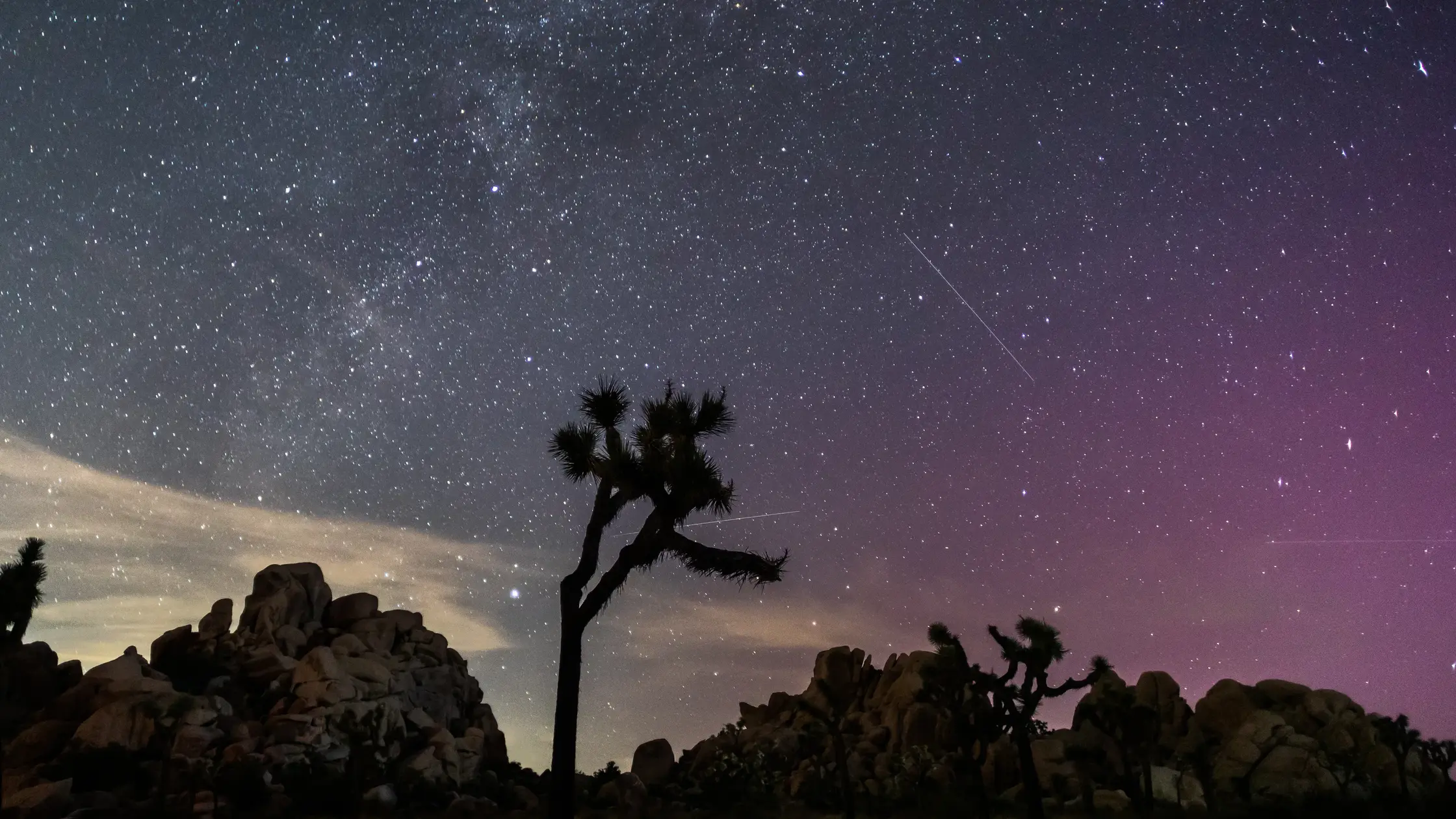
Perseid peak nears as moonlit skies challenge visibility
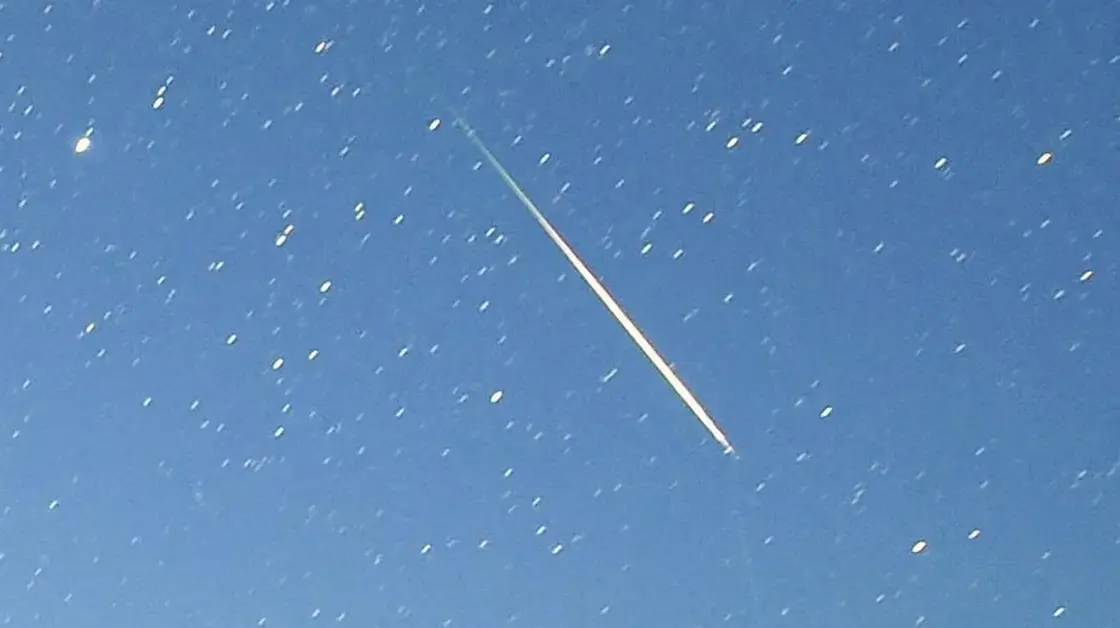
Perseid meteor shower peaks next week
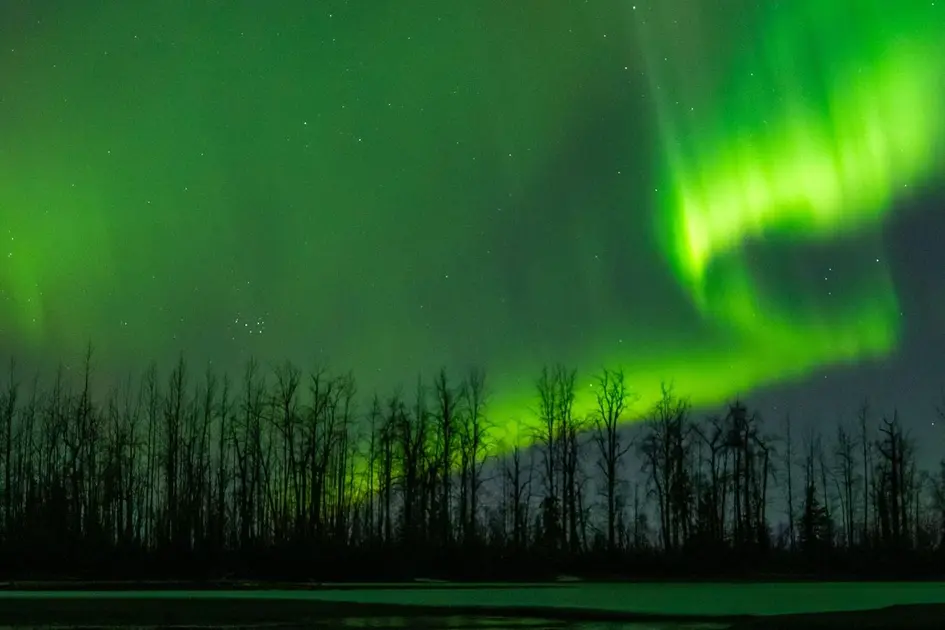
Northern lights may be visible in eight states Sunday night
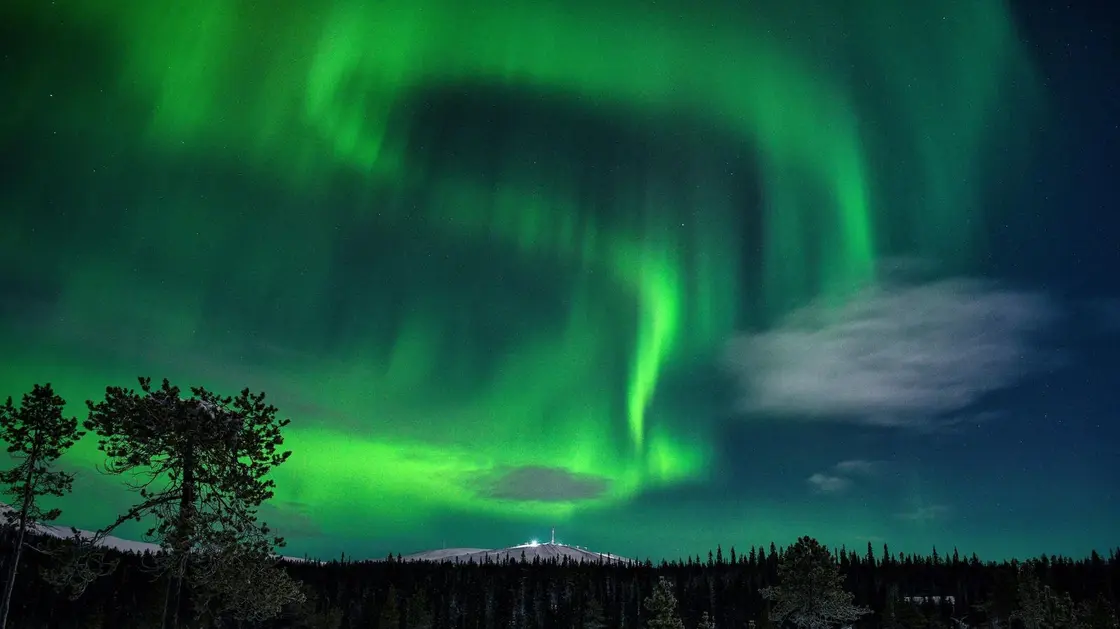
Northern States May See Aurora Borealis
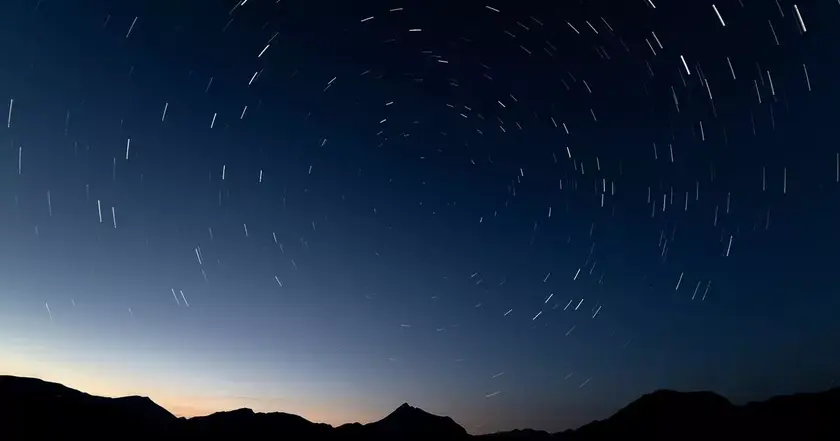
Double meteor shower peaks tonight in the UK
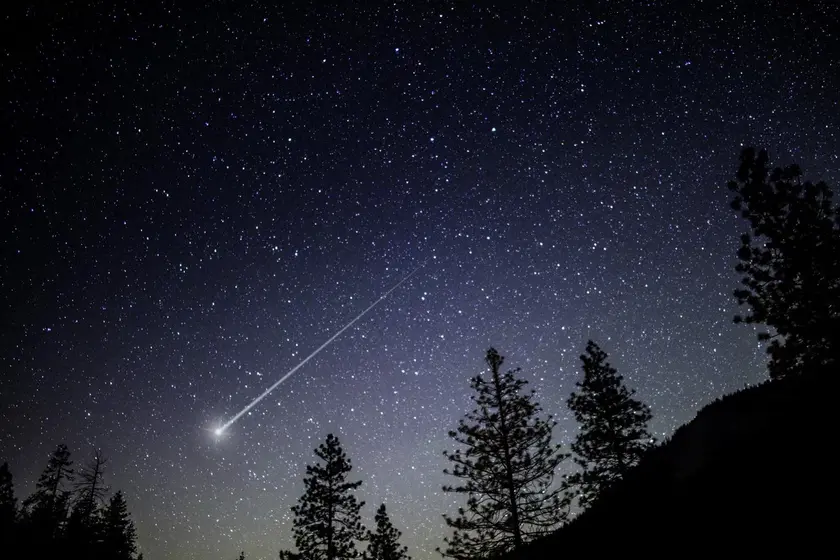
Two meteor showers to peak this summer
